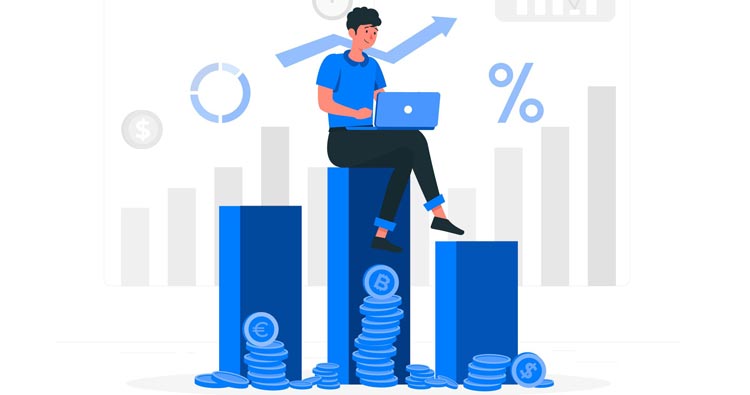- +91 9357253596
-



You must have heard ‘mutual funds sahi hai’, but have you ever wondered what makes them ‘sahi’ or why they are ‘sahi? Also, almost every advisor or consultant asks to keep investing in mutual funds even if the market conditions are not favourable. But, is investing in mutual funds really worth it? Are they completely risk-free, which makes them suitable for investing?
To answer these questions let's deep dive into the risks involved in mutual funds.
Just like every coin has two faces, every story has different perspectives, and everything has its own pros and cons, mutual funds also have different outlooks.
There is practically nothing in this universe which is risk-free, be it finances, relationships, career choices, or any kind of decision. And if everything is risky then the main differentiator becomes ‘risk management’. When we invest in mutual funds, the fund manager manages our portfolio and invests our money in various asset classes according to our chosen funds. And this makes our portfolio diversified and less prone to risk.
But, never makes it completely risk-free.
While investing in mutual funds majority of the investors chose the ‘invest and forget’ strategy. But, it is highly important to thoroughly know the risk associated with any investment you do.
So, let us know the risks associated with mutual funds.
These were some of the risks associated with mutual funds. Just like any other investment mutual funds are also risky, but you must analyse these risks well before investing. But always remember, what Mark Zuckerberg said
“The biggest risk is not taking any risk... In a world that is changing really quickly, the only strategy that is guaranteed to fail is not taking risks".
Tags : ,
6, Sleti lane, Near Dera Satkartar,
Model Town road, opp. Ranbir
Gas Agency, Jalandhar city-144003
+91 9357253596
Risk Factors – Investments in Mutual Funds are subject to Market Risks. Read all scheme related documents carefully before investing. Mutual Fund Schemes do not assure or guarantee any returns. Past performances of any Mutual Fund Scheme may or may not be sustained in future. There is no guarantee that the investment objective of any suggested scheme shall be achieved. All existing and prospective investors are advised to check and evaluate the Exit loads and other cost structure (TER) applicable at the time of making the investment before finalizing on any investment decision for Mutual Funds schemes. We deal in Regular Plans only for Mutual Fund Schemes and earn a Trailing Commission on client investments. Disclosure For Commission earnings is made to clients at the time of investments.
AMFI Registered Mutual Fund Distributor – ARN-44367 | Date of initial registration – 01-Oct-2023 | Current validity of ARN – 30-Sep-2026
Important Links | Disclaimer | Disclosure | Privacy Policy | SID/SAI/KIM | Code of Conduct | SEBI Circulars | AMFI Risk Factors